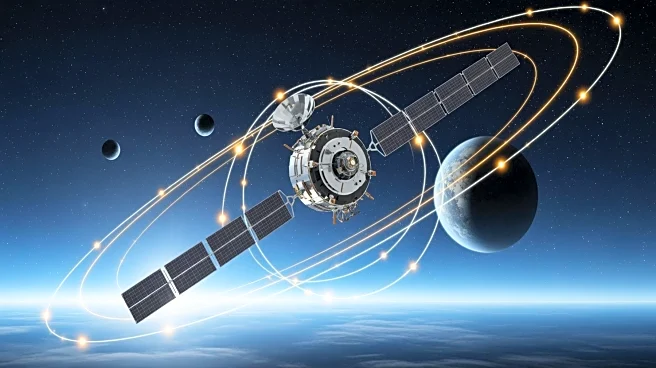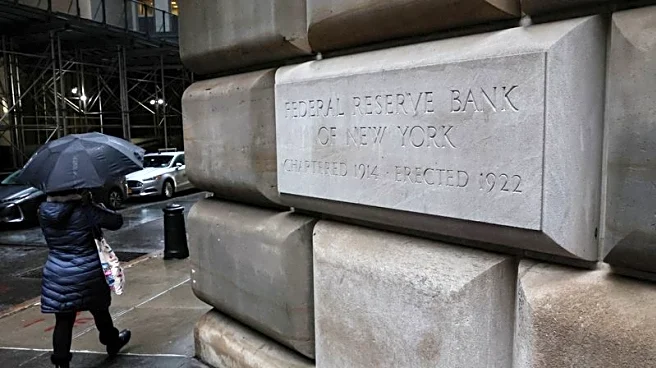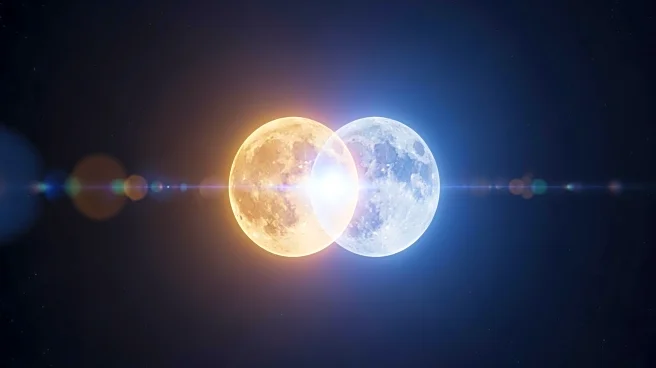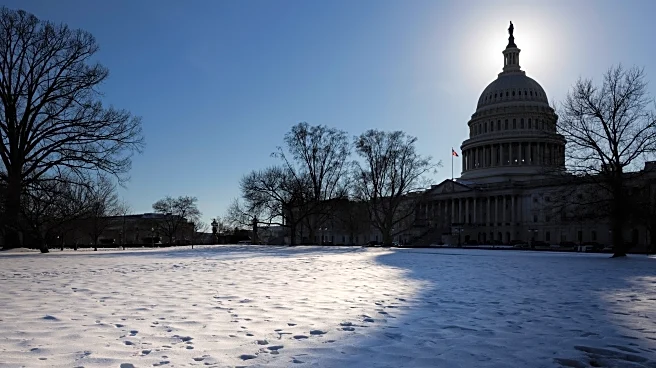What's Happening?
NASA has confirmed that the China National Space Administration (CNSA) recently reached out to warn about a potential satellite collision and offered to perform the necessary maneuver to avoid it. This
marks the first time Beijing has initiated direct communication with NASA over space traffic management. Alvin Drew, director for NASA Space Sustainability, highlighted this development during a plenary session at the International Astronautical Congress in Sydney, Australia. The term 'conjunction' refers to two satellites passing dangerously close to one another, often within a few hundred meters. As the number of satellites in orbit grows rapidly, so does the risk of such near misses and the possibility of catastrophic debris-generating collisions.
Why It's Important?
This incident reflects a growing acknowledgment of the need for cooperation between nations operating large satellite constellations. Both the United States and China are expanding their presence in orbit at a record pace, with the U.S. seeing massive growth through SpaceX's Starlink constellation, while China is developing its own Guowang and Thousand Sails satellite networks. The contact also shows that China's space situational awareness has reached a level of maturity comparable to that of the United States. Such exchanges are rare due to the Wolf Amendment, a U.S. law that prohibits most bilateral collaboration between NASA and Chinese government agencies, citing concerns over technology transfer and national security.
What's Next?
This exchange could signal a small but meaningful shift in the often tense dynamic between the two countries' space programs. As low Earth orbit grows increasingly crowded, both nations appear to recognize that even rivals must talk to keep their satellites, and the space above Earth, safe from disaster. The incident may pave the way for more frequent communication and collaboration in emergency situations, potentially leading to improved international coordination in space traffic management.
Beyond the Headlines
The contact between NASA and CNSA highlights the ethical and strategic dimensions of space exploration and management. As nations continue to deploy large satellite constellations, the need for international cooperation becomes increasingly critical to prevent collisions and manage space debris. This development may encourage other countries to engage in similar cooperative efforts, fostering a more collaborative approach to space exploration and sustainability.












